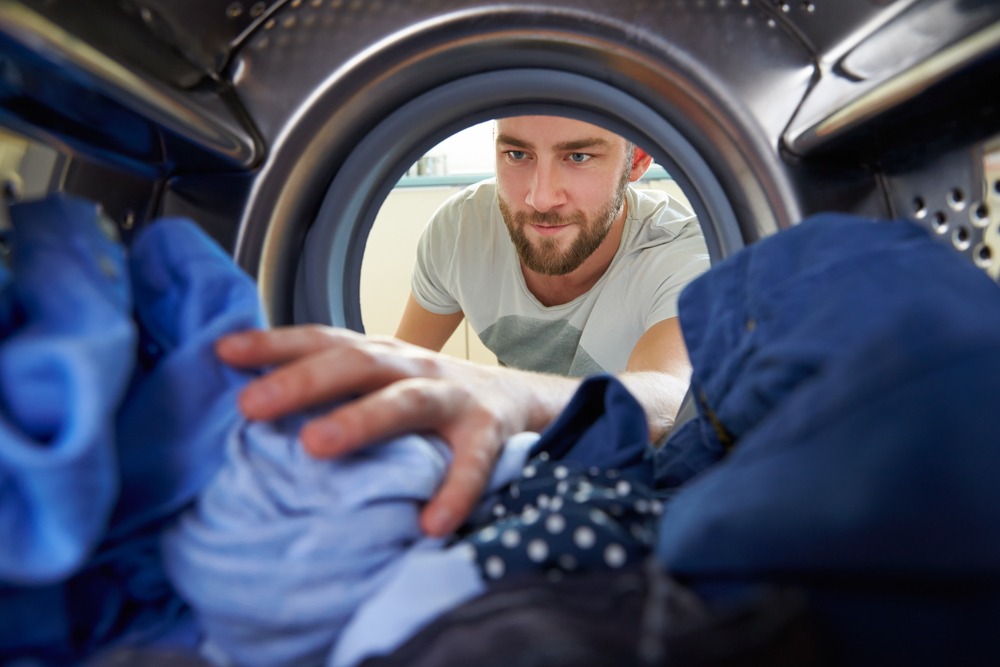Should you be leaving the task of cleaning scrubs in the hands of your healthcare employees?
Some people say domestic washing can clean scrubs just as well as industrial counterparts. Others aren’t convinced. After all, there is an understandable growing concern because of hospital cross-contamination cases and the rise in number of antibiotic-resistant bacteria.
To answer this long-standing question, we must determine two things: What kind of risks does washing scrubs at home pose as far as cross-contamination is concerned? And how do domestic laundry practices fare against industrial-grade, healthcare laundry facilities?
The Bacteria Factory
It’s no secret that scrubs are exposed to many health risks. With the number and variety of patients that an average nurse faces in a single 8-hour or 12-hour shift, and the bodily fluids they’re exposed during that time, we can only expect the worst.
In a recent study, a group of researchers found significant bacterial growth on scrubs after a single shift, numbering up to 5,795 per square inch of fabric. The study found traces of Micrococcus luteus, Staphylococcus aureus, Staphylococcus epidermidis, as well as Micrococcus bacteria from the worn scrubs. Some sampled items also had traces of MRSA after the four-day experiment.
This study simply proves that scrubs are a hotspot for bacterial growth. These disease-carrying microorganisms are at a risk of spreading through contact with other people in public spaces or when the contaminated fabric gets in contact with household items or other domestic apparel through the washing machine.
Home is Where the Bacteria Are
How does washing scrubs at home fare against the health risks posed by MRSA and other similar bacteria?
In a separate study, a group of researchers in the UK found that washing the scrubs in a low-temperature washing cycle for at least ten minutes with strong detergent would be enough to get rid of most of the MRSA presence on the fabric. Further ironing in high temperature can help eliminate more of the bacterial growth on the scrubs.
While this research result is promising, it still does not eliminate the risks of taking home used, soiled, and possibly contaminated work wear. Washing scrubs at home means that the scrubs will still be exposed to a number of other items and people before they make it to the washing machine. After all, there is only so much isolation a single healthcare worker can be reasonably expected to enforce.
The Professional Treatment
To understand how insufficient domestic laundry is, let’s take a quick look at the washing process in a healthcare laundry facility.
With a professional healthcare linen service, the used scrubs will be isolated from other linens as soon as the wearer takes them off. They’ll be transported in a sealed cart along with other soiled scrubs and handled only by dedicated personnel who are not going to get their hands on anything else.
At the laundry facility, the scrubs go through a series of wash cycles that include pre-rinses and high-temperature washes with detergent. During this process, the clothes get minimal to zero intervention from human hands and are laundered in heavily disinfected chambers.
Once dried, ironed, and folded, the now-clean scrubs are packed and sealed for delivery. The items don’t make contact with other fabrics or any surface of the hospital until they are ready for use.
Washing Scrubs at Home isn’t Worth the Risk
There are only so many things you should never take risks on, and public health is one of them.
Don’t take shortcuts. Don’t gamble your facility and the wellbeing of your employees and your patients. Eliminate risks by outsourcing your healthcare linen laundry needs to a facility that knows how to handle these delicate items. Trust Unitex!
We have over 90 years of expert experience in handing healthcare laundry and we have the equipment to deliver top-quality results. Contact us today at 866.864.8399 to speak with one of our healthcare linen experts!





